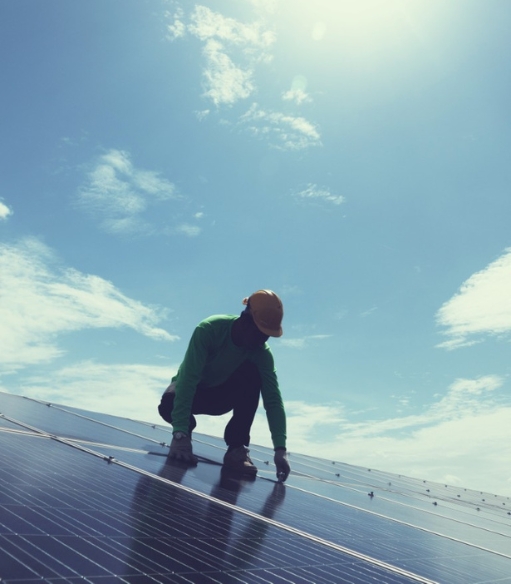
How to Select the Right EPC Partner for Your Renewable Project
In the renewable energy industry, success isn’t just about innovative technology or ambitious targets — it’s about execution. Whether you’re developing a utility-scale solar farm, an onshore wind park, or a hybrid renewable system, choosing the right EPC (Engineering, Procurement, and Construction) partner can determine whether your project becomes a benchmark of excellence or a cautionary tale.
Here’s a strategic guide to help you select the most suitable EPC partner for your clean energy venture.
Why Your EPC Partner Matters
The EPC contractor is responsible for transforming your project from concept to reality. They manage everything from detailed engineering designs and material procurement to construction, grid connection, and commissioning. A skilled EPC partner ensures:
- On-time delivery
- Cost efficiency
- Regulatory compliance
- Optimal system performance
A poor selection, on the other hand, can lead to delays, budget overruns, compliance issues, and underperformance.
Key Criteria for Choosing the Right EPC Partner
1. Relevant Project Experience
Not all EPC firms are the same. Look for partners with proven experience in renewable energy projects similar to yours in scale and complexity.
Questions to ask:
- Have they worked on solar, wind, or hybrid systems before?
- Do they have case studies or references?
Tip: Local or regional experience adds significant value due to permitting and regulatory familiarity.
2. Technical Competence and Innovation
Your partner should be equipped to design efficient, cost-effective systems that are tailored to your site’s specifics — including terrain, weather, and grid connection constraints.
Look for:
- In-house engineering teams
- Ability to integrate battery storage or hybrid solutions
- Knowledge of advanced control and monitoring systems
3. Supply Chain and Procurement Network
Efficient procurement means getting quality components at competitive prices — and on time.
Check if they:
- Work with Tier 1 suppliers
- Have existing logistics and warehousing capabilities
- Can handle customs, taxes, and import regulations (especially for international projects)
4. Project Management and Coordination Skills
An EPC partner acts as your central point of contact across multiple stakeholders: technology vendors, legal authorities, utility companies, subcontractors, and financiers.
Ask about:
- Their approach to timeline and risk management
- Whether they use project tracking tools
- How they report progress and communicate with clients
5. Regulatory and Permitting Expertise
Especially in emerging or heavily regulated markets, understanding the legal framework is critical.
They should be able to:
- Handle grid connection permits
- Secure environmental approvals
- Meet all construction and safety codes
6. Financial Strength and Insurance
EPC projects involve large upfront investments. A financially unstable partner might fail to deliver or cut corners.
Request information on:
- Audited financials or bank guarantees
- Liability coverage and project insurance
- Previous litigation or claims history
7. O&M and After-Sales Support
A good EPC partner doesn’t disappear after commissioning. Ongoing Operations & Maintenance (O&M) services ensure your assets continue to perform efficiently.
Important value-adds:
- Remote monitoring and fault detection
- Predictive maintenance strategies
- Performance analytics and optimization
Bonus Tip: Prioritize Transparency and Cultural Fit
A technically capable EPC partner may still not be the right one if there’s poor communication, lack of transparency, or misalignment in values. Look for a team that’s easy to talk to, shares regular updates, and respects your project vision.
Conclusion
Choosing the right EPC partner for your renewable energy project isn’t a box-checking exercise — it’s a strategic decision. Beyond technical capability, you need a partner who understands your business objectives, adapts to local conditions, and shares your long-term commitment to sustainability.
By evaluating experience, innovation, financial health, and communication style, you’ll build a partnership that doesn’t just deliver a project — it delivers a competitive advantage.
